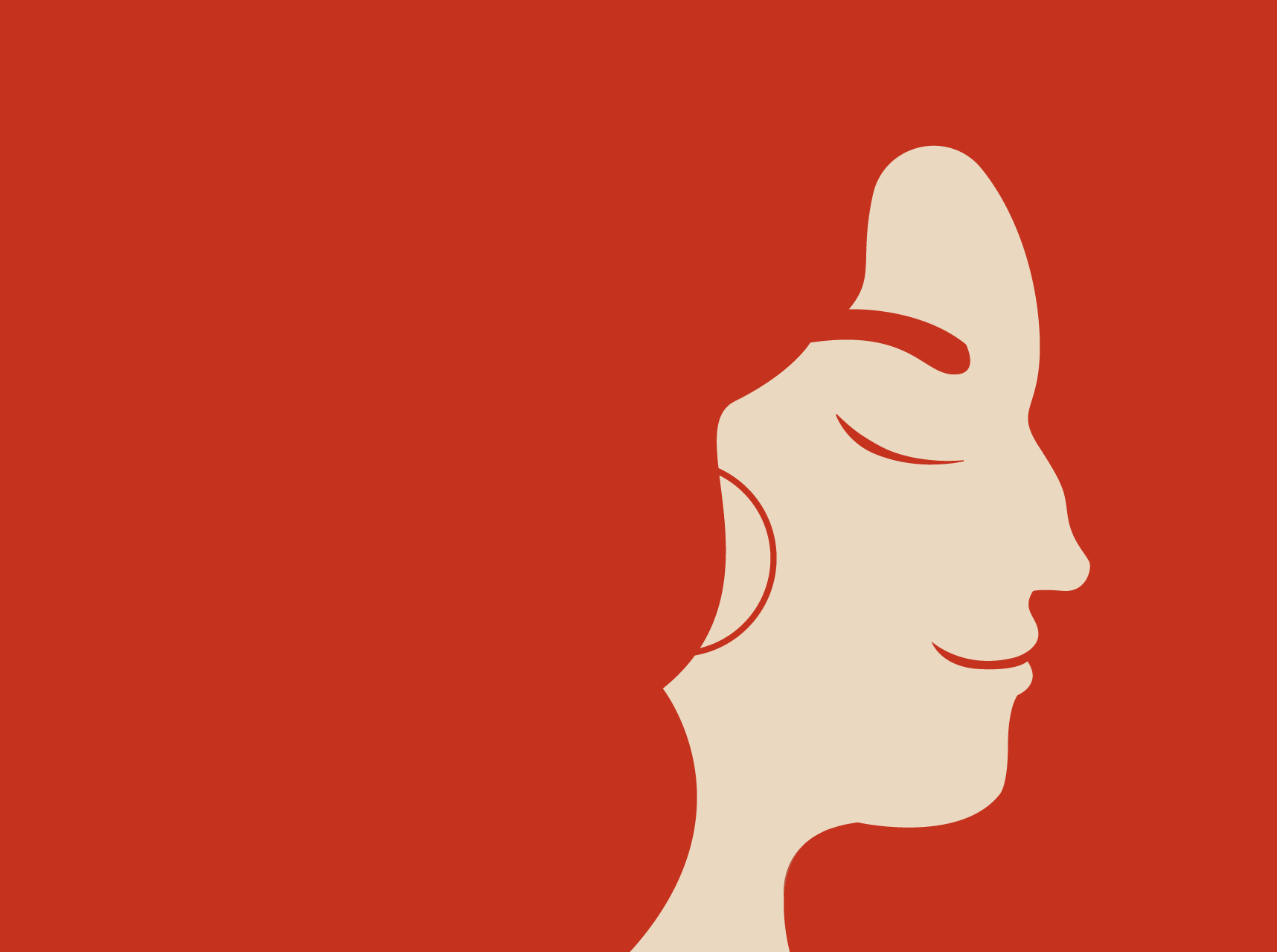Abandoning Beauty
Soy Mujerista’s Cover Art by Ariana Ortiz / Image by Tanya Leyva.
Is it any wonder why we, as women of color, feel so alienated from our bodies?
From the time we are born, we are inundated with ideas of what womanhood is—what women are expected to look like and what personality traits to embody. Our experiences under white supremacist patriarchy—varied in themselves—differ from those of men of color and white women. Our racialization and class designations of ‘woman’ are inextricable from each other, melding into how we are perceived and therefore move through the world. They cannot be dissected individually to understand the nature of our oppression. The same can be said for those of us who are also disabled, transgender, and poor—identities that, by no coincidence, often intersect.
Black and brown women who grew up in the U.S. can easily recite what the ideal woman’s body looks like: white and thin. I have spoken with other women of color, other Latinas of mestiza and African descent, over our feelings of intense anxiety and worthlessness throughout childhood, and a painful yearning to look like their white peers or white celebrities on magazine covers and billboards. Much of this unnameable pain comes from the racialization of our bodies, which we can feel trapped in.
Many women of color are becoming increasingly aware that they have been strategically conditioned to hate themselves and their bodies from birth. These women aspire to free themselves from the self-hatred they have been brainwashed into by engaging in and promoting the body positivity movement, an idea that has been gaining traction throughout the past decade rather than a single, organized movement.
Body positivity generally calls for the acceptance of all bodies as beautiful and worthy, regardless of their adherence to conventional beauty standards. But like feminism, it has faced criticism for excluding women of color, especially Black and Indigenous women. What many white women do not understand is that when groups speak of beauty as part of a patriarchal framework, and its harmful chokehold on women’s lives, they exclude women of color by not centering them in the conversation. This is because of a clear disconnect between what “conventional beauty standards”—a vague, nebulous term—entails: whiteness and thinness.
It is necessary to conduct a historical analysis of beauty, how white supremacy itself, chattel slavery, and colonization has formed and impacted it. Another criticism facing it is its co-opting by corporate giants such as Dove, another issue that faces feminism. It has been well-documented that revolutionary movements lose traction as agents of the status quo appropriate and water them down (see: the bevy of “feminist” merchandise, made in sweatshops, being peddled to the growing number of women who identify as feminists, and the rampant rise of liberal/choice/corporate feminism).
But for me, there is a more foundational problem with the body positivity movement: it is still assigning worth to women of color based on their bodies. Rather than expanding the definition of beauty to include us, shouldn’t we be dismantling the beauty/ugly dichotomy itself? Rather than trying to convince ourselves that we are beautiful and therefore worthy, isn’t it more useful to forsake beauty itself, to know that beauty does not equate to worth, and to acknowledge it as the tool of oppression it is? Portraying beauty as some inclusive, positive, and even liberating idea is akin to swiping a new coat of paint onto a decrepit building: it will not hide its rotten, infested foundation.
As Audre Lorde famously wrote in her essay “The Master’s Tools Will Never Dismantle the Master’s House”, “For the master's tools will never dismantle the master's house. They may allow us temporarily to beat him at his own game, but they will never enable us to bring about genuine change. And this fact is only threatening to those women who still define the master's house as their only source of support.”
When we discuss mujerismo and learning to love ourselves and our bodies, we should not be working within a white supremacist framework to do so. But where does that leave us when it comes to battling the feelings of shame and inadequacy about our bodies? The healing begins with abandoning beauty and the illusion that it can do good for us. But I’m not speaking of embracing ugliness; ugliness is something that cannot exist without beauty, a label meant to humiliate those of us who fall outside white supremacist beauty standards. Proudly calling ourselves ugly is not the revolutionary act it may seem to be, as this is already what we are designated as under white supremacy. We must actively reject these concepts and not allow others to apply them to our bodies. Taking back our bodies has less to do with expanding a racist definition so that we may fit into it, but by establishing our own spaces and frameworks.
Ariana Ortiz is a writer, journalist, and aspiring law student from the border city of El Paso, Texas. She writes with a focus on local politics, community issues, and social justice. She is the founder and editor-in-chief of Ojo Magazine (formerly Trascender), a publication by and platform for people of marginalized identities. She was an editorial intern with the Queens Chronicle and is the former co-news and features editor of the Torch, the independent student newspaper of St. John's University in Queens, New York. She holds a Bachelor of Science in Journalism from St. John's University.

